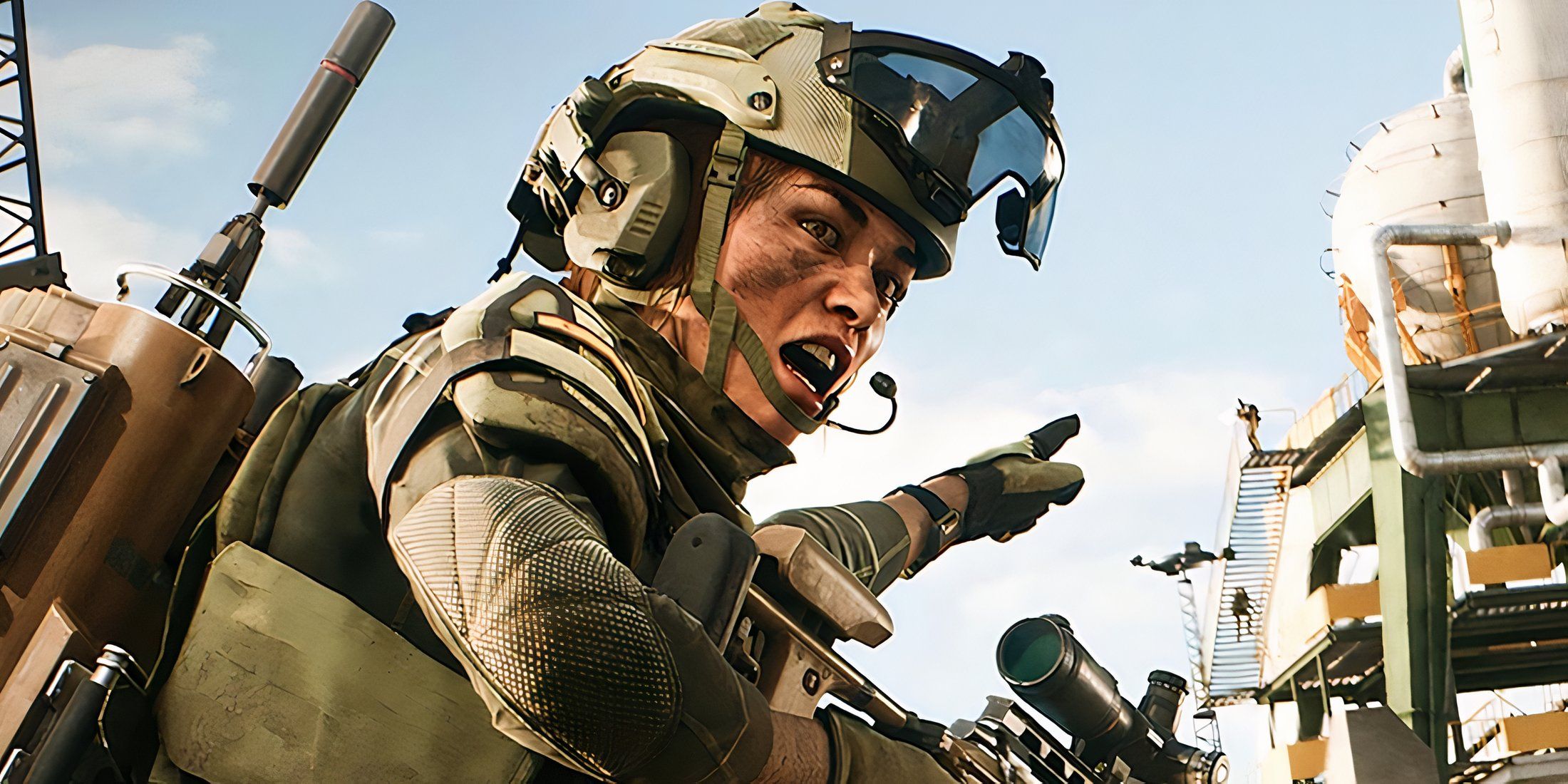Empower Your Wellness Journey
Discover tips and insights for a healthier lifestyle.
Surviving the Chaos of Large-Scale Warfare
Unlock the secrets to thrive amidst the turmoil of large-scale warfare—strategies, insights, and survival tips await you!
Understanding the Impact of Large-Scale Warfare on Civilian Life
Large-scale warfare significantly disrupts civilian life, impacting various aspects such as healthcare, education, and access to basic necessities. The immediate consequences often include destruction of infrastructure, loss of lives, and the displacement of families. According to a report by ICRC, civilians account for a substantial portion of casualties in conflicts, showcasing the dire need for comprehensive strategies to protect non-combatants during wartime. Additionally, services like schools and hospitals are often targeted or rendered ineffectual, leading to long-term implications for community stability and recovery efforts.
Furthermore, the psychological toll on civilian populations is profound and lasting. Mental health issues such as PTSD and anxiety disorders become prevalent as individuals deal with the trauma of witnessing violence and losing loved ones. Research published by NCBI illustrates the long-term psychological scars left on civilians, emphasizing the importance of timely intervention and support systems. Addressing these impacts requires not only immediate humanitarian aid but also a sustained commitment to rebuilding and restoring community resilience post-conflict.

Strategies for Resilience: How to Cope with the Chaos of War
In today's tumultuous world, developing strategies for resilience is essential to cope with the chaos of war. Acknowledging the emotional toll is the first step; recognizing your feelings can pave the way for healthier coping mechanisms. Establishing a support network is crucial—connecting with friends, family, or support groups can provide a sense of community and belonging. Additionally, practicing mindfulness techniques such as meditation or yoga can enhance emotional regulation and increase overall resilience. Consider exploring resources like Mindful.org for practical exercises.
Furthermore, cultivating a proactive mindset can significantly impact your ability to cope. Setting realistic goals and focusing on what you can control helps redirect your energy towards positive actions. It's essential to maintain a balanced life through self-care practices that nourish your mental and physical health. Engage in activities that foster joy and relaxation, such as reading, painting, or spending time in nature. For in-depth strategies, check out Psychology Today, which offers insights into building resilience during chaotic times.
What Essential Skills Do You Need for Surviving in a War Zone?
Surviving in a war zone requires a unique set of skills that can significantly enhance your chances of safety and success. First and foremost, situational awareness is crucial. This skill involves being aware of your surroundings, recognizing potential threats, and understanding the dynamics of conflict. It often involves assessing environments continuously to make informed decisions. Furthermore, first aid skills can prove to be lifesaving; knowing how to administer basic medical care in emergency situations is vital. Essential first aid knowledge can be acquired through various online courses or local workshops.
In addition to awareness and first aid, communication skills are imperative in a war zone. Establishing a reliable method to communicate with other individuals can help coordinate actions and share information about potential threats. Whether through verbal cues, hand signals, or secure messaging apps, being able to convey information effectively can be a matter of life and death. Lastly, mental resilience is necessary to cope with the stress and trauma associated with warfare. Techniques such as mindfulness and stress management can aid in maintaining mental health during these challenging times. For comprehensive strategies on building resilience, you can check resources like American Psychological Association.